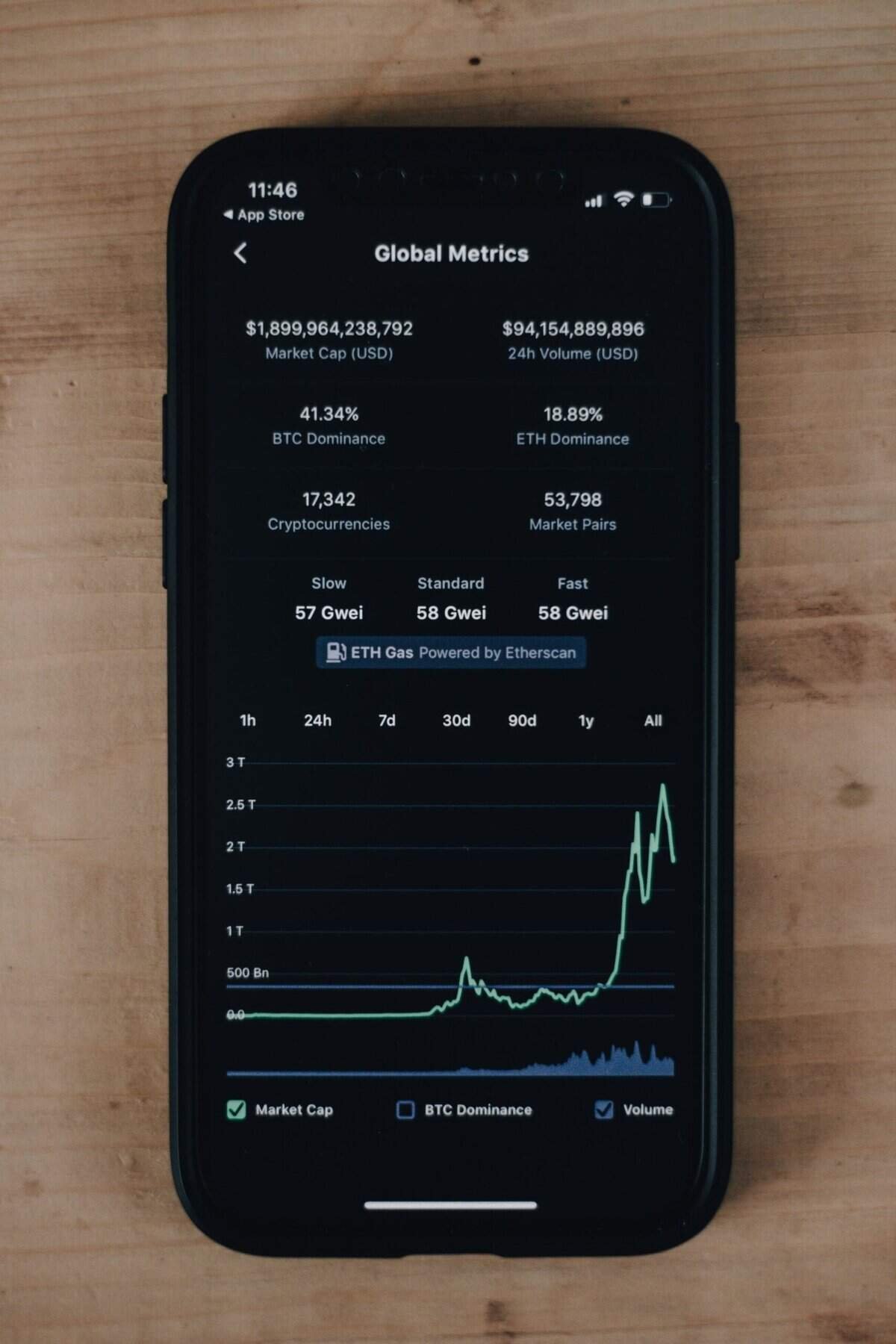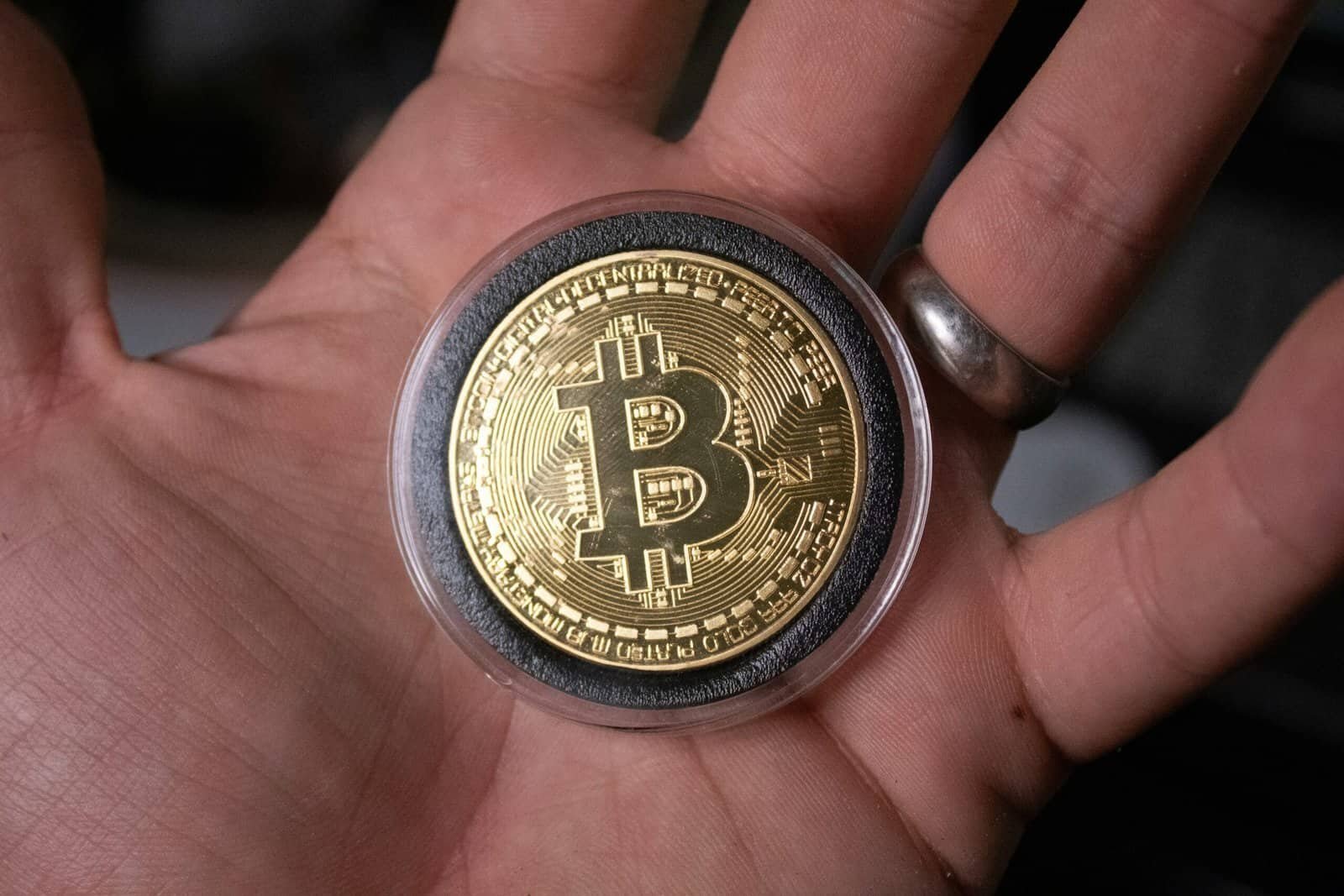Have you ever wondered what happens behind the scenes when you decide to trade your Bitcoin for Ethereum? Understanding the mechanics of a crypto exchange is crucial, especially if you’re considering investing in cryptocurrencies. Today, you’ll learn what a crypto exchange is and how it facilitates your transactions in the digital currency world. Stick around while we make these concepts less daunting and more enjoyable!
What is a Crypto Exchange?
A crypto exchange is a digital marketplace where you can buy, sell, and trade cryptocurrencies. Similar to a stock exchange, it provides a platform to trade assets; however, instead of stocks and bonds, you deal with digital currencies like Bitcoin, Ethereum, and numerous altcoins. By offering various tools and functionalities, crypto exchanges enable users to engage in trading activities efficiently.
How Does a Crypto Exchange Work?
Crypto exchanges function as intermediaries that allow you to trade one cryptocurrency for another or exchange digital currencies for fiat money like the U.S. dollar or Euro. They usually operate online, providing you with a user-friendly interface to manage your transactions seamlessly. You’ll need to register an account, which typically requires identity verification for security purposes. Once verified, you can fund your account and begin trading in the multitude of available currencies.
Types of Crypto Exchanges
You’ll find different types of crypto exchanges in the market, each catering to various trading preferences and expertise levels.
Centralized Exchanges (CEX)
Centralized exchanges are traditional marketplaces where a central authority manages all trades. They are often praised for their liquidity and user-friendly features. Some of the most well-known centralized exchanges are Coinbase, Binance, and Kraken.
Pros:
- User-friendly interface
- High liquidity
- Advanced trading features
Cons:
- Prone to hacking risks
- Central authority control
- Require identity verification
Decentralized Exchanges (DEX)
Unlike their centralized counterparts, decentralized exchanges operate without an intermediary, allowing you to trade directly with other users. They are built on blockchain technology and provide more privacy and control over funds.
Pros:
- Enhanced privacy
- No need for identity verification
- Greater control over assets
Cons:
- Lower trading volume
- Complex interface
- Limited customer support
Hybrid Exchanges
Hybrid exchanges aim to combine the best features of centralized and decentralized exchanges. They offer the ease of use found in centralized platforms while providing the privacy and control inherent in decentralized exchanges.
Pros:
- Balance between security and usability
- Hybrid features tailored to varying user needs
Cons:
- Still in development phase
- May lack the robustness of full CEX or DEX features
Key Features to Consider When Choosing a Crypto Exchange
When selecting a crypto exchange, several factors should be considered to ensure an optimal trading experience.
Security Measures
Security is paramount when dealing with a crypto exchange. Look for platforms that employ robust security measures, such as two-factor authentication, cold storage, and encryption technologies to safeguard your assets.
Regulatory Compliance
Regulatory compliance ensures that a crypto exchange is legally allowed to operate in its jurisdiction, providing you with an extra layer of assurance. An exchange that complies with regulations is more likely to adhere to industry standards and safeguard your interests.
Fees and Charges
Different exchanges have varying fee structures, typically charging for transactions, withdrawals, and other services. It’s essential to understand these fees upfront to prevent any surprises.
Here’s a simple table to demonstrate typical exchange fees:
| Fee Type | Centralized Exchanges | Decentralized Exchanges |
|---|---|---|
| Trading Fees | Low to Medium | Low |
| Withdrawal Fees | Variable | Low |
| Deposit Fees | Often Free | Free |
Liquidity
The liquidity of a crypto exchange determines how quickly and easily you can execute trades. Higher liquidity allows for faster transactions with minimal price slippage.
User Experience
A user-friendly platform can significantly enhance your trading experience. Look for exchanges with intuitive interfaces, comprehensive guides, and responsive customer support.

What is a Governance Token?
While exploring the world of crypto exchanges, you may stumble upon the concept of governance tokens. These are unique digital tokens that provide holders with voting rights on a blockchain’s future development and protocol changes.
How Governance Tokens Work
Governance tokens act as decision-making tools in decentralized networks. If you hold a governance token, you possess a say in the protocol’s governance, which can include proposing changes, voting on upgrades, and influencing key decisions. The power of governance tokens reflects the increasing trend towards decentralization, where users actively participate in shaping the services they use.
Why Governance Tokens Matter
Governance tokens are crucial for maintaining the integrity of decentralized networks by ensuring that decisions are community-driven rather than dictated by a centralized authority. They promote transparency, fairness, and democratization, providing each user with a voice in the network’s evolution.
Popular Governance Tokens
Several well-known projects utilize governance tokens. Here are a few examples:
- Uniswap (UNI): A decentralized exchange protocol built on Ethereum, allowing users to trade cryptocurrencies without intermediaries. The UNI token empowers holders to vote on proposals and protocol changes.
- Maker (MKR): A decentralized finance (DeFi) protocol on Ethereum, offering a stablecoin (DAI) whose value is pegged to the U.S. dollar. MKR holders govern the protocol, making decisions on risk parameters and system upgrades.
- Compound (COMP): A DeFi protocol that allows users to lend and borrow cryptocurrencies. COMP tokens enable holders to vote on important protocol decisions, such as interest rate models and integration proposals.

Steps to Start Trading on a Crypto Exchange
Now that you understand what a crypto exchange is and the role of governance tokens, let’s explore the steps to start trading.
1. Research and Choose an Exchange
Begin by researching various crypto exchanges to find one that suits your needs. Consider factors like security, fees, and supported currencies before making your choice.
2. Create an Account
Register an account on your chosen exchange. Most platforms will require you to provide personal information for verification purposes to comply with regulations.
3. Secure Your Account
Enable security features like two-factor authentication to protect your account from unauthorized access. Always use strong, unique passwords for your account.
4. Deposit Funds
Deposit fiat currency or cryptocurrencies into your account. Follow the exchange’s instructions for transferring funds, whether through bank transfer, credit card, or crypto wallet.
5. Place Your First Trade
With funds in your account, you’re ready to make your first trade. Choose the cryptocurrency you wish to buy or sell, and execute the trade through the exchange’s platform.
6. Monitor and Manage Your Portfolio
Once you’ve started trading, it’s essential to regularly monitor your portfolio to track performance and adjust your strategy. Stay informed about market trends and news that can influence cryptocurrency prices.

Common Risks in Crypto Trading
Every investment carries a level of risk, and crypto trading is no exception. Here’s a look at some common risks associated with trading currencies on exchanges:
Volatility
The cryptocurrency market is notoriously volatile. Prices can fluctuate significantly over a short period, creating opportunities for high returns but also steep losses. Managing risk through strategies like diversification is crucial.
Security Threats
Despite advanced security measures, crypto exchanges can still fall victim to hacking attempts. Always store your cryptocurrencies in secure wallets, preferably offline, to mitigate this risk.
Regulatory Changes
Cryptocurrency regulations vary across the globe, continuously evolving as governments adapt to the growing market. Regulatory shifts can impact crypto exchange operation, leading to potential disruptions in trading activities.

Conclusion
In summary, a crypto exchange is a vital component in the cryptocurrency ecosystem, providing you with a platform to buy, sell, and trade digital assets. Whether you lean toward centralized exchanges for their user-friendly nature or decentralized ones for greater control and privacy, the choice strongly depends on your preferences and understanding of the market.
Additionally, governance tokens represent a meaningful step toward decentralization, granting you participation rights in blockchain decision-making processes. They embody the democratized nature of blockchain technology, giving users an active role in shaping platform futures.
As you embark on your cryptocurrency trading journey, keep in mind the importance of thorough research and prudent decision-making. Stay informed, consider the risks, and—most importantly—enjoy navigating the exhilarating world of digital currencies.

